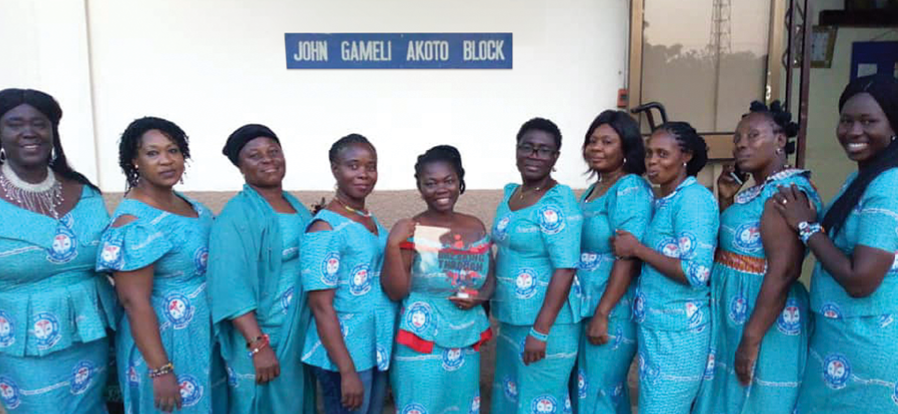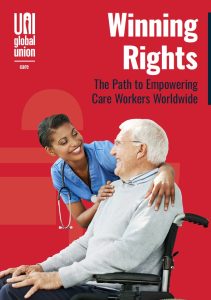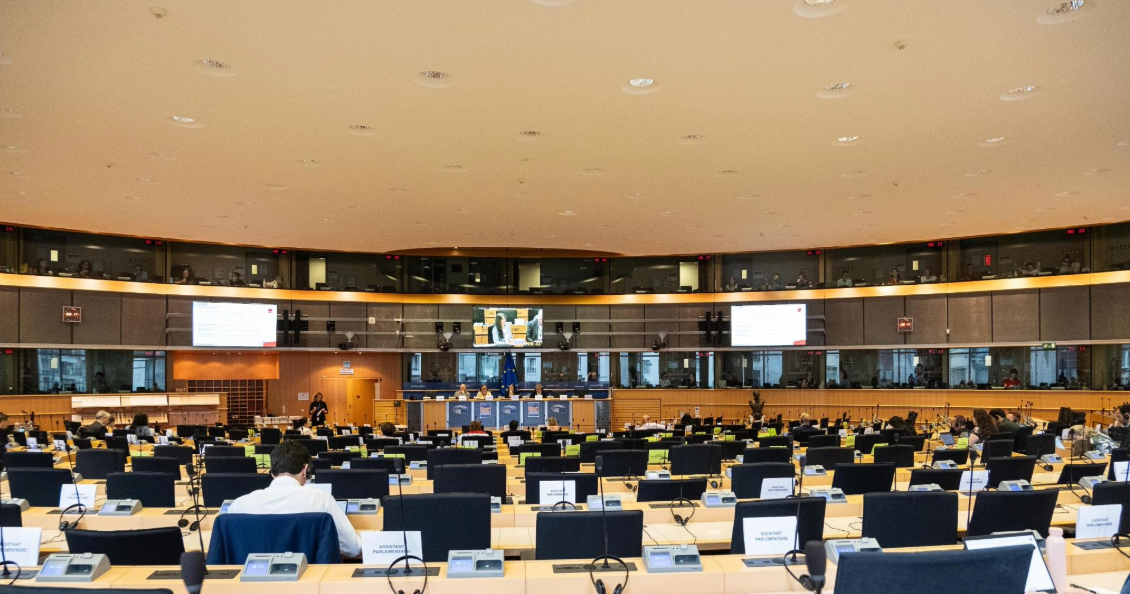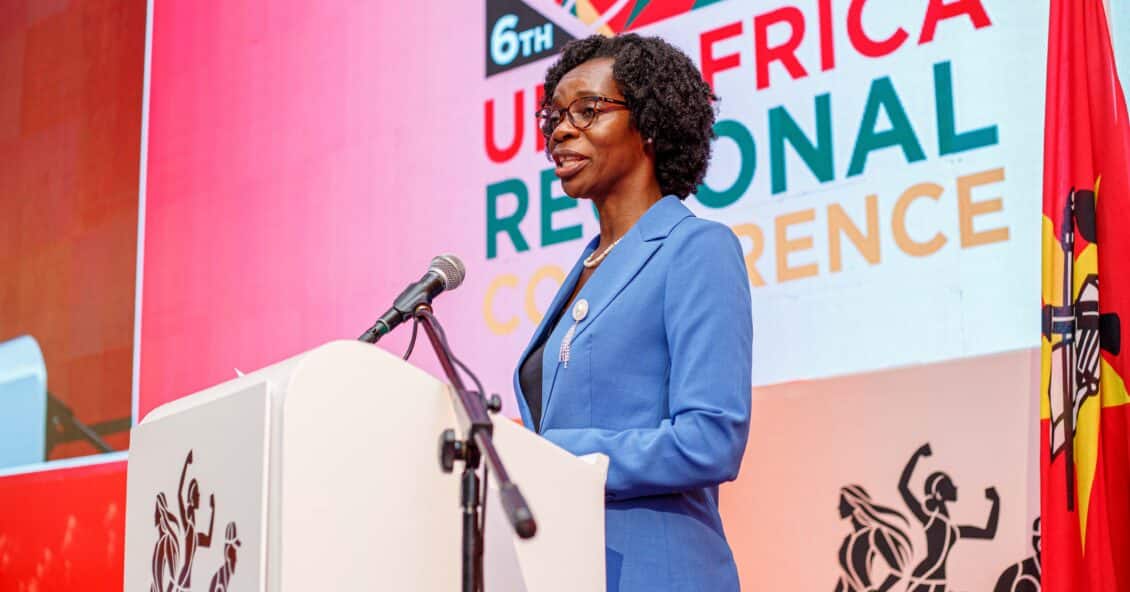Championing Decent Work and the Care Economy: A Step Forward at the ILO
19.06.24
The struggle for better wages, working conditions and recognition for care workers came to the ILO’s Conference on Decent Work and the Care Economy last week. During intense, all-night negotiations, UNI was a voice for the fair treatment of carers, and along with other global unions and workers’ advocates, we made critical gains.
“Workers shared heartbreaking stories about unsafe staffing and uplifting examples about the power of collective action, and that helped move the discussion,” said Alan Sable, Head of UNI’s Care sector. “We walk away from these meetings better able to support workers’ organizing and calls for safer conditions – a win for this mostly female global workforce and the people they care for as well.”
Going into the conference, UNI had four primary demands:
- Formalize all care workers to ensure their rights and protections are recognized.
- Provide comprehensive training and opportunities for professional development to elevate the quality of care.
- Ensure safe staffing ratios to prevent burnout and maintain high standards of care.
- Guarantee that all care workers have the right to join unions and engage in collective bargaining to advocate for their interests and improve working conditions.
UNI shared stories from workers like Grażyna, a caregiver, who has been working for 40 years at a nursing home in Poland, to show the conference why these changes are so important:
“There are only three caregivers on the day shift out of 95 residents. If there is a vacation period or some sick leave falls in, even one or two – then the housemaids have to help us. Our residents are becoming less independent by the day and require more care, more than 50 require diaper changes. So, our work consists of changing diapers, feeding and changing diapers again. Often it happens that the resident will ask to sit with him or her for a while, even just for ten minutes. Unfortunately, we can’t afford to because it means that someone will sit in a dirty diaper. I experience this a lot, because our residents don’t always have families, and we are the only people they can talk to at the end of their lives, and we, for lack of staff and time, have to treat them mechanically, like things that have to be kept clean.”
Despite fierce opposition from employers and some governments, UNI helped secure strong language on formalizing Community Health Workers (CHWs) and other informal care workers, including those in home care. We made progress on training and professionalization. Although the language around collective bargaining wasn’t as robust as we hoped, it remains a part of the conclusions.
However, we did not win minimum safe staffing standards, and we did not win protections for migrant care workers. The resistance from the employers and some governments was ferocious on these points, underscoring the need for workers and unions to bolster organising around these issues.
The fight is far from over, and UNI will continue supporting workers around the world in pushing for these key goals.
The ILO’s conclusions, recommendations and conventions are important because, even though they may have limited enforcement power, they hold significant moral authority and set global standards. We plan to take the positive outcomes from the conference to governments and employers. Our immediate focus is on ensuring governments that finance systems involving informal care workers collaborate with unions on transitioning to formalization.
To develop additional next steps, UNI Care’s global sector conference will be held in this September. Care unions will continue to strategize how we contribute to the global movement for improved staffing standards in all care institutions. Together, we will push forward to ensure that every care worker is treated with the dignity and respect they deserve.



